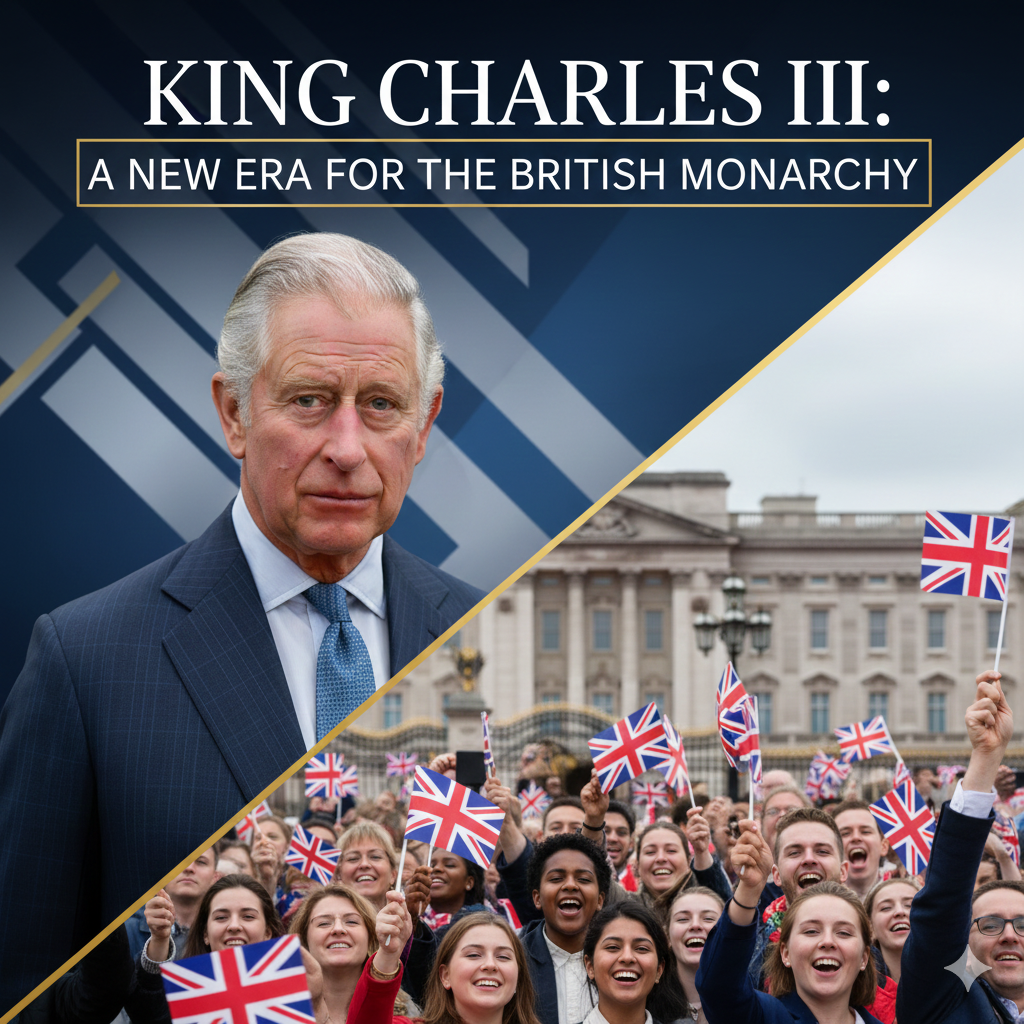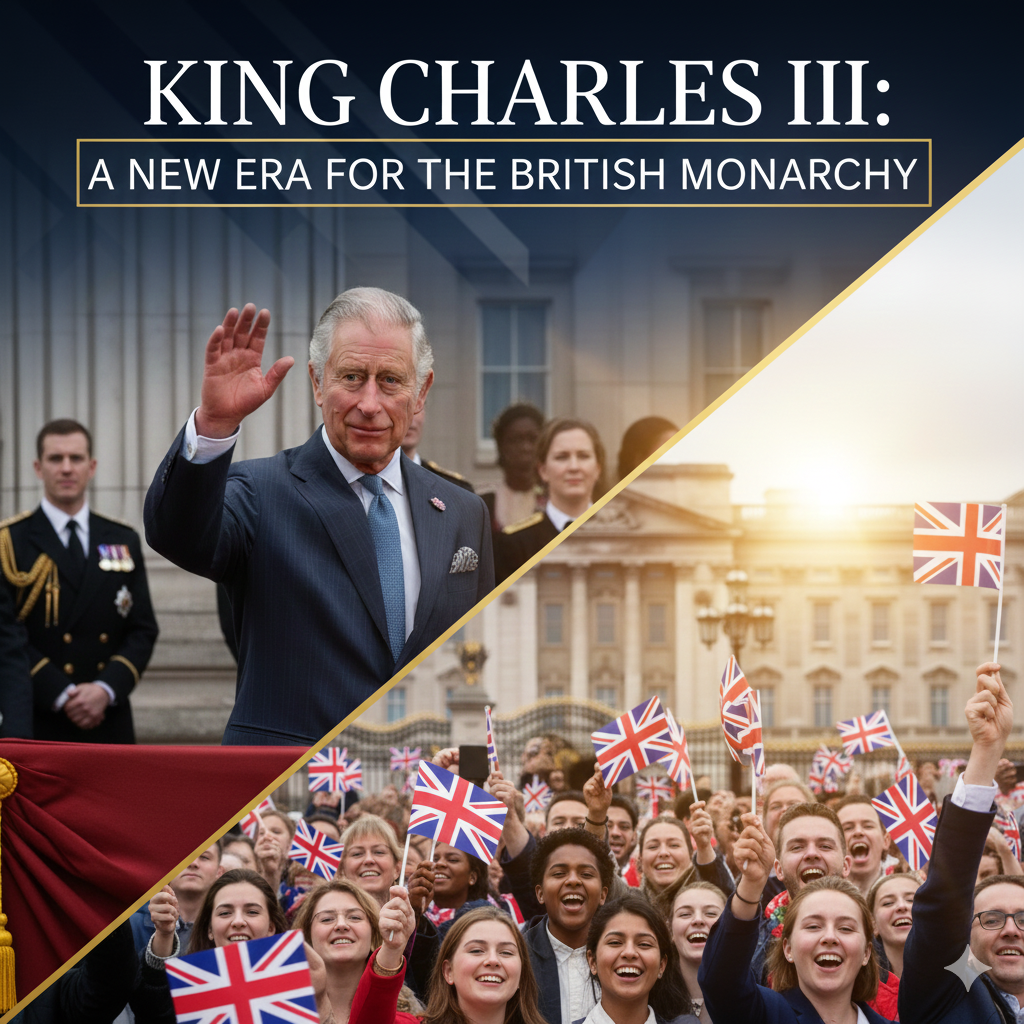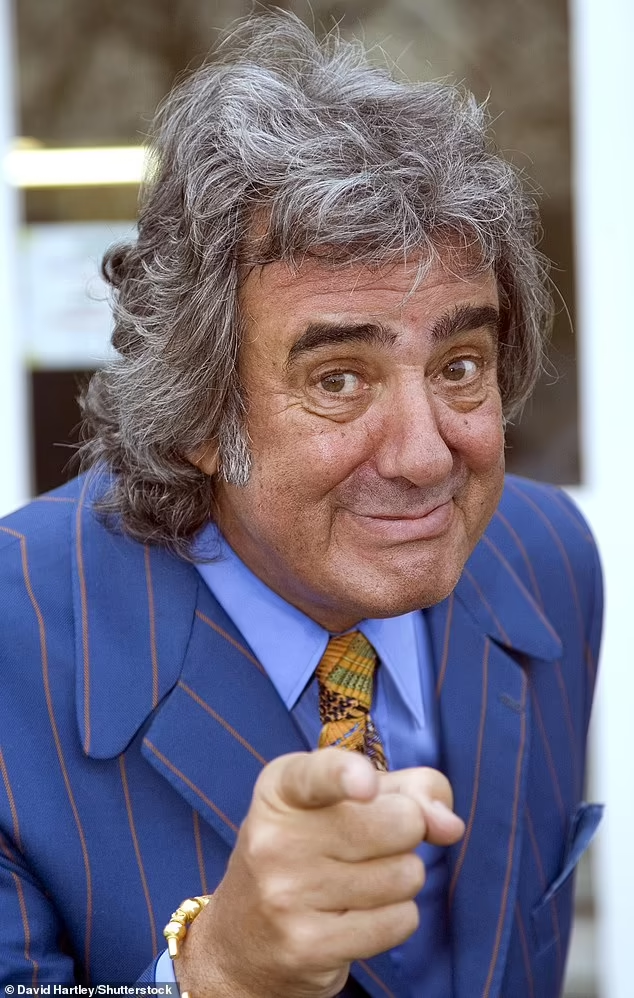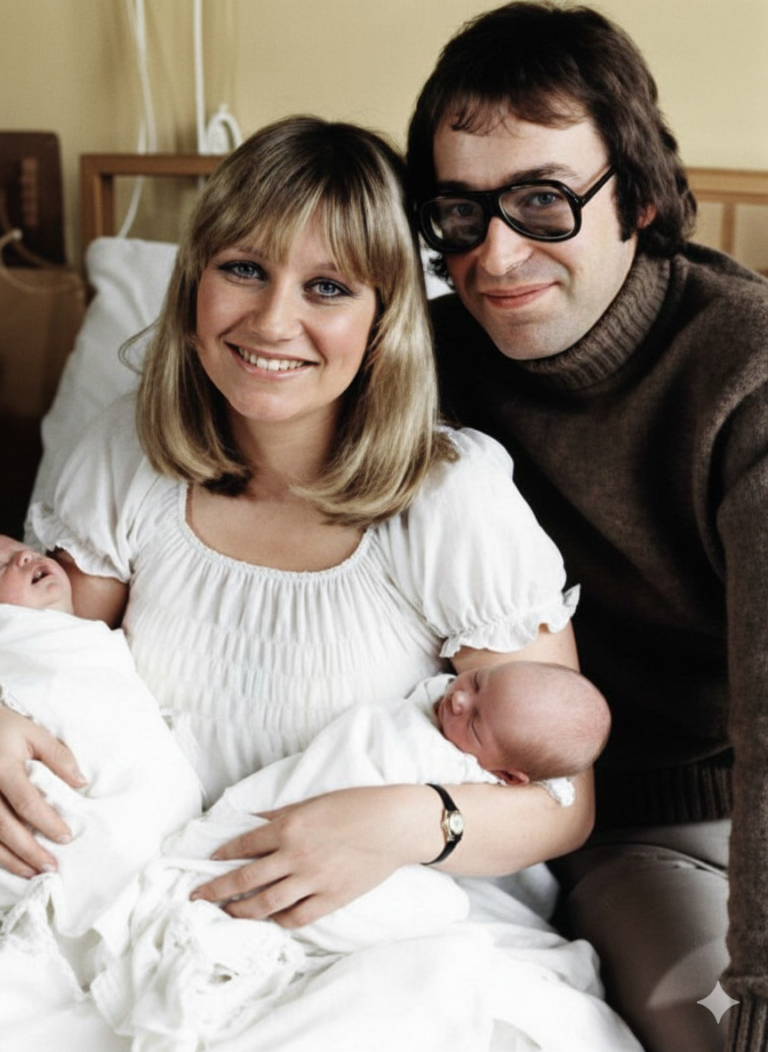
King Charles III ascended the British throne in September 2022, following the death of his beloved mother, Queen Elizabeth II. As the longest-serving heir apparent in British history, his reign marks a new chapter for the monarchy. This article explores King Charles III’s early life, his transition to the throne, his role as monarch, and his impact on both the UK and the world.
Table of Contents
Early Life and Education of King Charles III
Born on 14 November 1948, Charles Philip Arthur George was the first child of Queen Elizabeth II and Prince Philip, Duke of Edinburgh. His early years were shaped by the expectations of his future role as King, though he also experienced the challenges of growing up in the public eye.
Charles attended several schools, starting with Gordonstoun School in Scotland, known for its rigorous discipline. He then moved to Eton College, one of the UK’s most prestigious schools. Afterward, he attended Cambridge University, where he earned a degree in history, archaeology, and anthropology, becoming the first heir to the throne to graduate from university.
His early years also sparked a lifelong interest in environmentalism and the arts, causes which would become central to his later work as King.
The Transition to King Charles III
When Queen Elizabeth II passed away on 8 September 2022, the world watched as her son, Charles, immediately ascended the throne. At 73, Charles became the oldest monarch in British history to succeed to the throne, but his reign also carried the weight of decades of preparation.
King Charles III’s Coronation took place on 6 May 2023, in a ceremony that balanced modern sensibilities with traditional grandeur. The event marked a new beginning for the monarchy, highlighting Charles’s vision for a more streamlined and relevant institution. His coronation was a symbol of continuity, yet it also reflected his desire to modernise the monarchy.
Role and Responsibilities as King
As King, Charles III is the constitutional head of state, but his role is mainly ceremonial, with real political power residing with the elected government. Nevertheless, he carries out a range of duties, including:
- Official duties: King Charles regularly meets with political leaders, represents the UK in diplomatic affairs, and attends various state functions.
- Public appearances: He is frequently seen at events across the UK, from state banquets to charity galas, where his presence carries significant weight.
- Supporting charities: As Prince of Wales, Charles was a prominent philanthropist, and this role continues in his reign. His Prince’s Trust, for example, supports thousands of young people each year.
King Charles is also deeply committed to the Commonwealth, an organisation of 56 nations, many of which are former British colonies. As King, he seeks to continue the legacy of unity and mutual support established by previous monarchs, while also emphasising the importance of respecting each nation’s sovereignty.

King Charles III’s Personal Life
King Charles’s personal life has been widely scrutinised. His marriage to Princess Diana in 1981 captivated the world, but the couple’s relationship was marked by difficulties, culminating in their divorce in 1996. Despite the challenges, Charles remained a devoted father to his sons, Prince William and Prince Harry, who are central figures in the Royal Family.
In 2005, Charles married Camilla Parker Bowles, who was crowned Queen Consort during his coronation. The marriage was met with mixed reactions, but Camilla has since become a respected figure within the Royal Family.
The King’s relationships with his children, particularly with Prince William and Prince Harry, have attracted public interest, especially as the younger royals have made headlines with their personal choices and decisions to step back from royal duties.
Legacy, Advocacy, and Interests
Throughout his life, King Charles has been an outspoken advocate for environmental causes. He established the Prince’s Trust in 1976, a charity that continues to help young people across the UK. As King, Charles has made it clear that he remains committed to the environmental issues he championed as Prince of Wales, particularly regarding climate change and sustainability.
Additionally, King Charles has long been an advocate for interfaith dialogue and social causes, including the fight for better mental health care and greater social equality. These issues continue to play a role in his reign, as he works to modernise the monarchy and engage with contemporary challenges.
Challenges and Controversies
Despite his commitment to public service, King Charles has faced his share of controversies. His personal life, especially his relationships, has been the subject of intense media scrutiny. His efforts to modernise the monarchy have also met with resistance, with some members of the public viewing him as less relatable than his late mother, Queen Elizabeth II.
However, Charles has demonstrated a steadfast approach to these challenges. His dedication to the environment, his charity work, and his focus on a modern monarchy show his deep commitment to his role, even as public expectations evolve.
King Charles III’s Global Influence
While the UK is his primary domain, King Charles’s influence stretches far beyond British shores. As head of the Commonwealth, he plays a vital role in promoting unity and collaboration among its member nations. This network, which includes countries such as Canada, Australia, and India, represents a significant share of the global population.
King Charles has worked hard to build diplomatic relationships, promoting peace and cooperation on the world stage. His efforts have focused on strengthening ties with Commonwealth nations while also addressing global challenges such as climate change and international inequality.
Conclusion
King Charles III’s reign is still in its early stages, but a commitment to public service, environmental advocacy, and modernisation of the monarchy has already marked it. As he continues to navigate the challenges and responsibilities of being the British monarch, it is clear that his legacy will be shaped by both his personal values and his dedication to his people.
With a strong sense of duty and a progressive vision for the future, King Charles III is poised to lead the British monarchy through a new era. His reign will be remembered not just for its history, but for the impact it will undoubtedly have on shaping the future of the UK and the Commonwealth.




